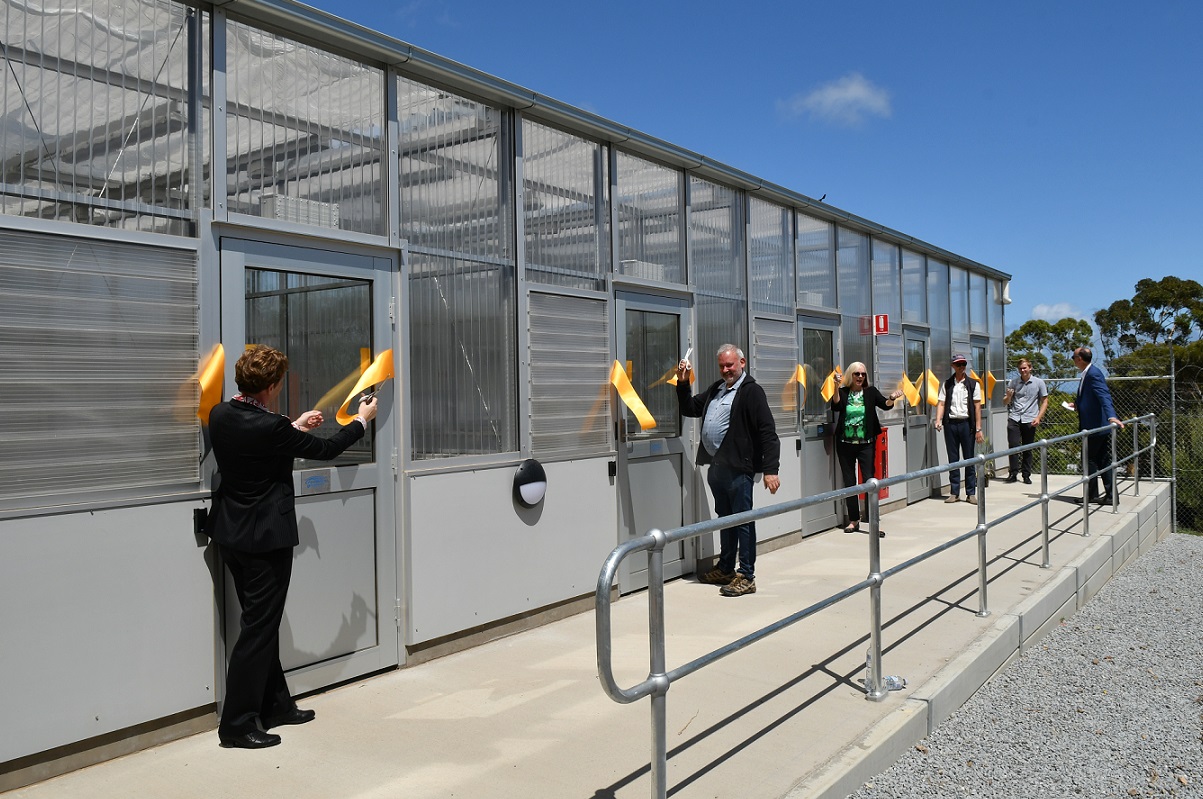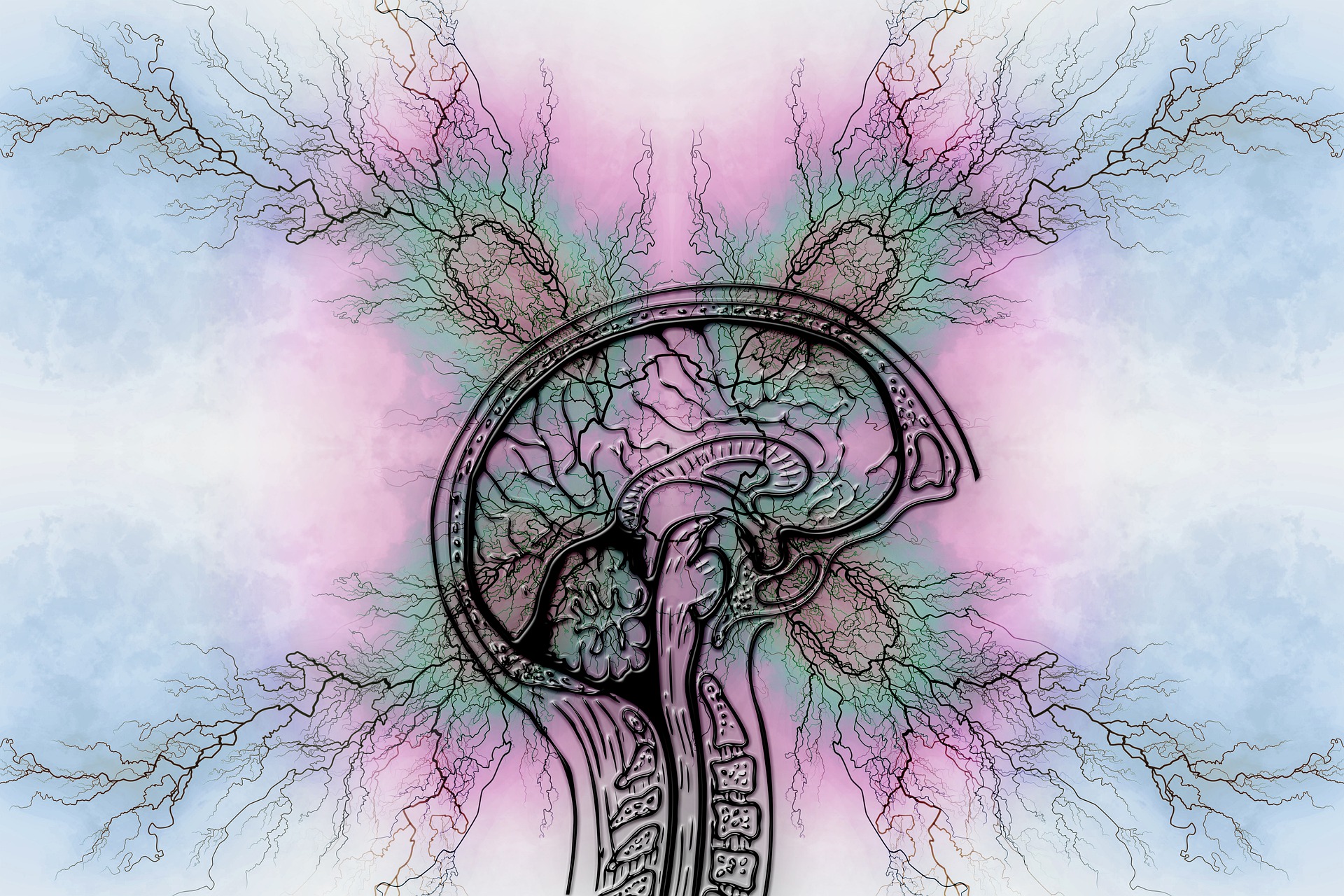
Crops that can better withstand harsher climatic conditions, have improved pest resistance, and more micronutrients are among a flow of breakthroughs on the horizon, thanks to a new $2 million high-tech greenhouse at Flinders University.
The state-of-the-art facility is a feature of the University’s upgraded science precinct and will be accompanied later in the year by a new biodiversity house.
Flinders’ new Glasshouse will be a catalyst for advances made by the University’s leading plant researchers who are addressing the big issues in local and global food challenges – including malnutrition, land management, drought and rising temperatures.
Clad in plexiglass, a solid transparent plastic that holds up better than glass in harsh weather and is more shatter resistant, the five-bay facility incorporates an external weather station that communicates with controls to automatically adjust its separate internal environments.
“For research, this means highly controlled and consistent growth conditions that will provide a clear indication of how different crop plants will perform under environments that we may see in the future,” says Associate Professor Peter Anderson, who is part of a team at Flinders focused on these agricultural priorities.
Research to be conducted in the Glasshouse includes:
- Increasing micronutrient levels, such as iron and zinc, in crops like rice and wheat, to improve the health outcomes for people in developing countries.
- Improving the resilience of crop plants to stresses such as drought, salinity and infectious disease agents – problems that will be exacerbated by a changing climate.
- Improving the agronomic qualities of pulses like chickpeas, that could play an important role in Australia’s future agricultural landscape.
“It’s also our vision that this new facility will be a research and teaching hub to attract researchers from other disciplines, like environmental science, chemistry and medical science, to collaborate and get enthused about the wonderful world of plants,” says Associate Professor Anderson.

This newest addition to Flinders’ main campus at Bedford Park was created using the latest technology by CSIRO-contracted experts, Croudace Greenhouses International, which specialises in heavy duty greenhouses for research or quarantine purposes.
Students will benefit from the new research capacity and gain experience in a high-tech environment akin to what they may work with in the future.
The Glasshouse reflects an increasing investment in infrastructure to support the University’s world standard research and teaching, bolstered by a fresh $200 million committed by Flinders last year to support research and teaching activities over five years.







